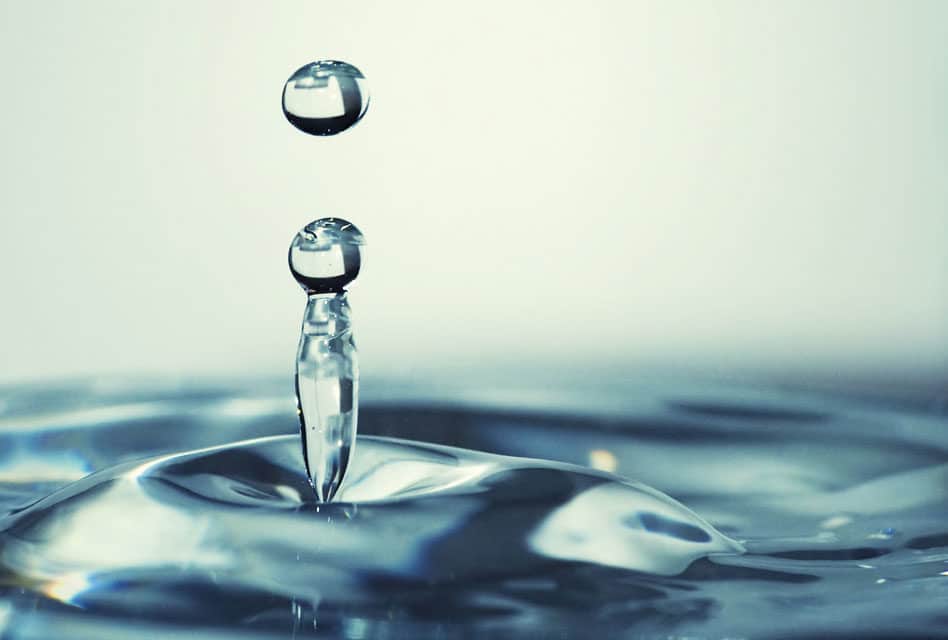The US government and the Ministry of Public Works, Housing and Water Resources in Mozambique have signed a memorandum of understanding (MoU) to coordinate more than US $90m investment the United States currently provides to strengthen and expand access to basic water and sanitation services in Mozambique.
Under this agreement, the United States Agency for International Development (USAID) and the Ministry’s National Directorate of Water Services and Sanitation (DNAAS) will collaborate on strengthening water, sanitation, and hygiene (WASH) governance and financing, improving management of water resources, and increasing sustainable access to and use of safe drinking water and sanitation systems throughout Mozambique.
As a result, more Mozambicans will have reliable access to safe water and sanitation systems that improve health, reduce extreme poverty, and make communities more resilient, especially after natural disasters such as a cyclone or drought.
Also Read: Namibia, Botswana recommit to Walvis Bay seawater desalination project
Universal access to safe drinking water, sanitation and hygiene in Mozambique
The Government of Mozambique has committed to universal access to safe drinking water, sanitation, and hygiene services by 2030. While progress has been made, only half of Mozambicans have access to clean water supply and 29% use basic sanitation facilities, particularly in rural communities. This reality contributes to high rates of waterborne diseases such as malaria and cholera as well as chronically high rates of malnutrition. Through this partnership, USAID will support the government efforts to provide more Mozambicans with safe, clean water and sanitation.
USAID partners with the Government of Mozambique and other donors on various WASH activities including improving water and sanitation infrastructure in health facilities and rural communities and providing emergency WASH services after natural disasters and crises. USAID activities also promote private investment in the water sector through improved regulatory, legal, and financing structures, and develop and deliver training and messaging campaigns that improve WASH practices at the community and household levels.

Leave a Reply